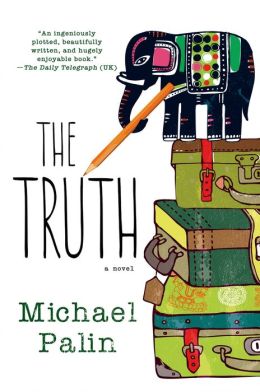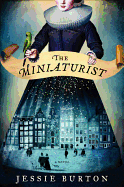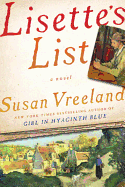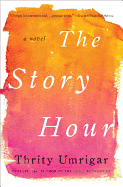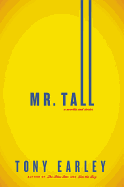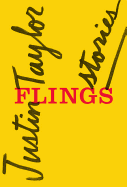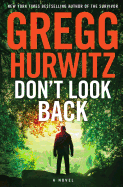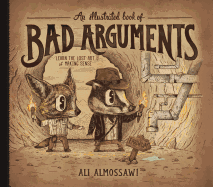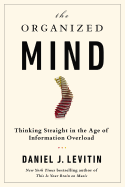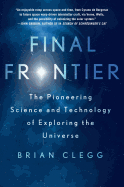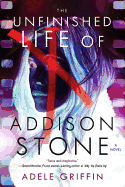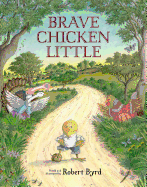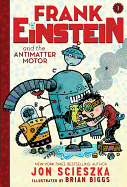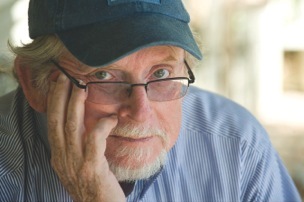 |
| photo: Jebb Harris |
Richard Bausch is the author of 12 novels and eight volumes of short stories. He's received many awards, including the PEN/Malamud Award, a Guggenheim Fellowship, the Lila Wallace–Reader's Digest Writers' Award, the Literature Award from the American Academy of Arts and Letters, the Dayton Literary Peace Prize and the Rea Award for the Short Story. He is currently professor of English at Chapman University in Orange, Calif.
His new novel, Before, During, After, is a powerful account of a relationship threatened by secrets, set against the backdrop of the national tragedy of 9/11. Natasha Barrett is vacationing in Jamaica with a friend when the attacks occur. Fearful about the fate of her fiancé, Michael Faulk, who was visiting New York City that day, and unable to reach him by phone, she makes an error in judgment that leads to a private trauma of her own when she is raped by a fellow hotel guest.
Reunited with Faulk a few days later, Natasha keeps silent about what happened to her. As the nation reels from the terrorist attacks, she and Faulk navigate a once-idyllic relationship now fraught with anxiety and suspicion--one that may not survive the new reality that has split their lives in two.
Why did you decide to use 9/11 as a pivotal part of the plotline in Before, During, After? Had you been thinking about it for a while, or was there a particular moment when you realized you wanted to incorporate it as a backdrop in a novel?
I never really think about anything in the process of composing a novel as something I am deciding. It just doesn't work that way with me. I know it's easy for people to think of novelists as intellectual impresarios who make conscious, rational choices about themes and subject matter, and there are even some novelists who will talk about it that way--and for all I know may work like that. But for me, it is always a form of exploration, and I almost never know, when I begin, where a story, long or short, will lead me. Consequently, I've learned to trust the subconscious as completely as a child trusts a faithful, gentle adult. Things occur to me, and I follow them.
In this case, I began with the aftereffects of a rape in what has come to be called the "rape culture." The 9/11 part of the story, when it happened, surprised me, and I followed it, and began to feel the way our own personal catastrophes are mirrored in such national cataclysms. But it was all by way of feeling my way through it.
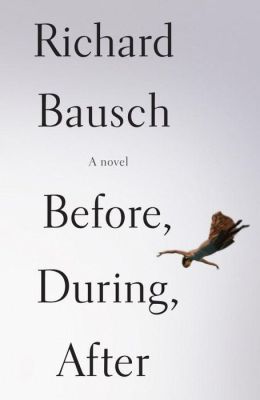 The main characters are Michael Faulk, an Episcopal priest who resigns his position, and Natasha Barrett, a congressional aide and amateur artist. Which one came to you first?
The main characters are Michael Faulk, an Episcopal priest who resigns his position, and Natasha Barrett, a congressional aide and amateur artist. Which one came to you first?
Natasha came to me first, and the first line, which I thought was the first line of a story, was "She had been dreaming about flying again." That scene as it played out had her in her apartment, with the attacker already having made his way in, though she doesn't know it yet. That was all part of a story called "Christmasville"--which is a tiny little principality, if that, in Tennessee. I wrote the scene out to the point where she discovers the attacker, and then I realized, or came to discover, that it is stronger if she and the reader know the attacker; that it is only sensationalism if he's just "the attacker." So I began with the young woman going home to tend to her grandmother in Christmasville. I left the project to finish up a couple of shorter stories, and when I started back up, the whole thing began to shift. And I knew then that it would have to be a novel and that I would trace her reaction to the attack, and that I would have the reader see it from her point of view, but know the attacker, too. Give him a name, or as Willy S. the great put it in a far different context, to bring it to the point where "imagination bodies forth the forms of things unknown" and "turns them to shapes, and gives aery nothing a local habitation and a name." God, I do love that passage.
What can you share with us about the novel's title?
It was while we were living in Knoxville, and I was teaching a semester at the University of Tennessee Knoxville, that the 9/11 scene came to be written, and I said to my wife, Lisa, "I have my title: Before, During, After." The title is in relation to Natasha's personal tragedy, not the nation's. 9/11 is before, the attack is during and after is when she's reunited with Michael.
It has been nearly 13 years since 9/11. How did you go about re-creating the events and the emotions of that day, particularly as they pertain to Faulk, who is in New York City when the terrorist attack happens?
I watched it all several times again on YouTube, painful as it was. And it was terribly painful. And in fact I was in New York when it all came down. I had come there to be at the memorial service for my publisher, Robert S. Jones. Much of what Faulk sees--though by no means all of it--is what I saw, heading south and trying to go home to Virginia that day. But an awful lot of it is made up, too, and that is simply my using my experience to imagine myself away from myself, and take on the experience of made up people.
A relative says to Faulk about Natasha being in Jamaica on 9/11: "Imagine. Stranded in paradise." Why did you decide to have her be on a Caribbean island that day rather than Stateside or elsewhere?
I really don't have an answer to that one. It just seemed right that she be far away. Jamaica seemed good because it is an hour earlier there than in New York, and it is close enough to get moment-to-moment news reports. I've never been there, by the way. I have often written about places I've never physically been--West Africa and London, for instance, in Hello to the Cannibals. And, in my novel Peace, Palermo, Salerno and Cassino in Italy in 1944, the year before I was born.
You're also the author of 11 previous novels and eight story collections. What drives you as a storyteller?
It's something I came to fairly early, hearing my father and mother tell stories, seeing people in rooms listening to them, enthralled by it. And from having developed from all that wonderful energy a habit of reading everything I could get my hands on. Finally, reading obsessively and serially--reading writers, not just random books (if I liked a book by a writer, I read everything I could get by that writer)--provided a kind of nourishment I couldn't get anywhere else, and it gave me so much pleasure. It just seemed a natural progression to end up wanting to write them, too. Every writer knows when he begins that he will never come close to the intellectual and soul deep majesty, the sheer music and power of Shakespeare--but you would like to wrestle with the forms of expression enough to be worthy of his company, just another laborer in the beautiful vineyard, among all the other laborers.
What would readers be surprised to learn about you?
I did very poorly in middle and high school--not because I was too smart for it or not challenged enough. I didn't get it. I could draw, and I got through English in the 11th grade by drawing a mural of Byron, Keats and Shelley on the blackboard. All three of whom I hated at the time, and all three of whom are now among my favorites of all the poets. Anyway, the mural was worth a "kindness" grade C. Which, as Jean Shepard says, is "all I ever really wanted out of life." --Shannon McKenna Schmidt
Richard Bausch: Enthralled by Storytelling
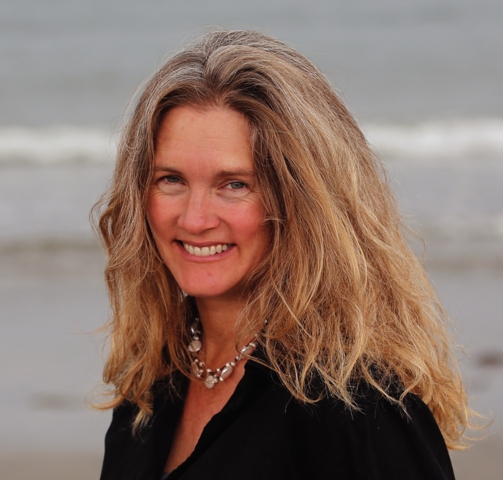 Carter describes the novel as a "character-driven, grayish comedy," focusing on a trio of listless, bohemian characters living in Los Angeles in the early 1990s: a 25-year-old poet who strips to pay her way through graduate school, her boyfriend--a stoner and musician--and their neighbor and best friend, a nightclub singer. The action takes place over three days, during the 1992 Rodney King riots; the sudden outbreak of violence in L.A. forces them all to face a "reluctant adulthood."
Carter describes the novel as a "character-driven, grayish comedy," focusing on a trio of listless, bohemian characters living in Los Angeles in the early 1990s: a 25-year-old poet who strips to pay her way through graduate school, her boyfriend--a stoner and musician--and their neighbor and best friend, a nightclub singer. The action takes place over three days, during the 1992 Rodney King riots; the sudden outbreak of violence in L.A. forces them all to face a "reluctant adulthood."



 The main characters are Michael Faulk, an Episcopal priest who resigns his position, and Natasha Barrett, a congressional aide and amateur artist. Which one came to you first?
The main characters are Michael Faulk, an Episcopal priest who resigns his position, and Natasha Barrett, a congressional aide and amateur artist. Which one came to you first? 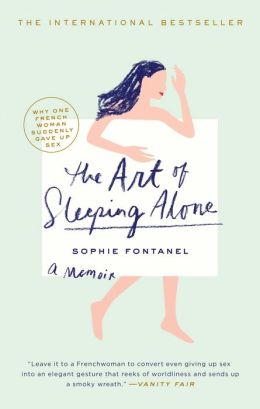
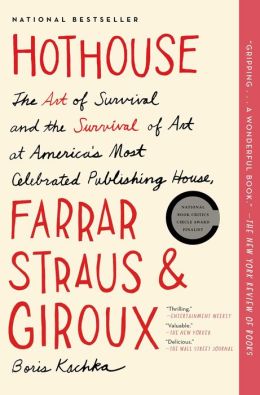
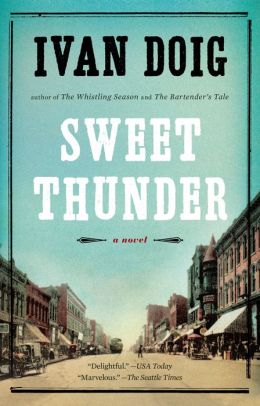 Sweet Thunder
Sweet Thunder